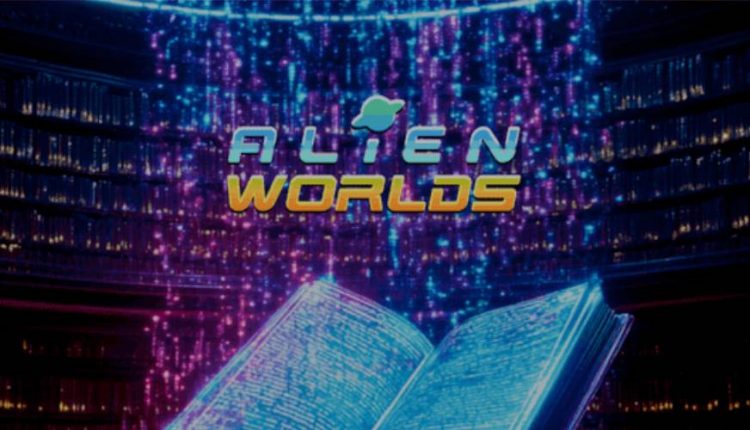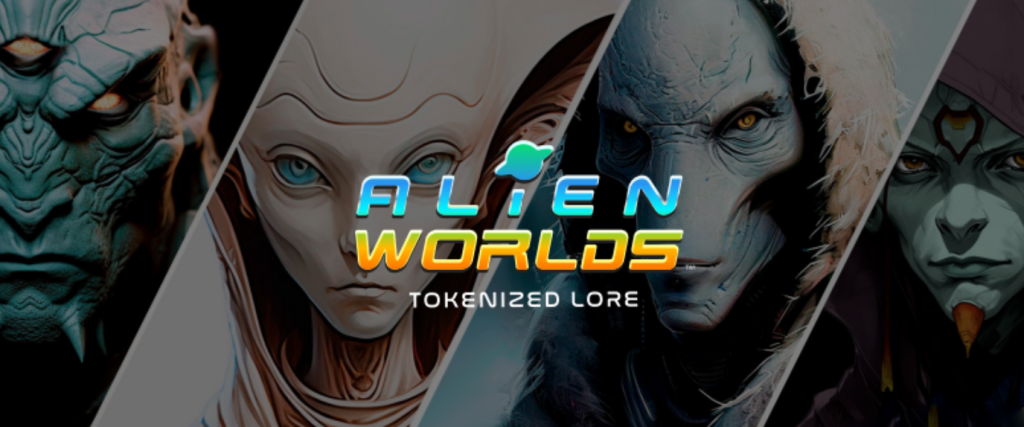Why collaboration is the future of creative franchises

This is a guest column from Aliens Worlds.
It is a sad fact of Hollywood that franchises have become trapped in a cycle of predictable, algorithm-driven content designed for mass appeal. Indeed, even acting royalty are starting to make this very observation.
In a Deadline column published this year, Oscar winner Natalie Portman called out the “maximalist era of algorithmic content creation and franchise fatigue,” arguing that studios prioritize safe bets over bold storytelling. There is perhaps no better evidence of this creative rut than the endlessly churned-out sequels, prequels and spinoffs that feel more like cynical cash grabs than inspired art.
Movie-making has admittedly always followed a top-down approach. However, modern technology has given a voice to the voiceless, and those who breathe life into franchises (be they movies, games, books, or transmedia entities) are increasingly craving a seat at the table. By refusing to engage with them, studios risk alienating their core audience and stifling innovation.
A collaborative model – where communities shape a franchise’s intellectual property (IP) – offers an intriguing alternative. By giving fans a stake in the creative process, franchises can evolve organically, and avoid the formulaic pitfalls Portman denounced. Happily, this is a revolution that is already underway.
Telling stories worth telling
It should be noted that collaboration is not a new concept in franchise building: a typical Hollywood movie can involve hundreds, even thousands, of people. The trouble is that when it comes to steering the ship, only one or two individuals hold sway. In fact, research shows that two-thirds of movies credit a solitary screenwriter.
Picture the alternative: a world in which a highly invested, highly motivated demographic of moviegoers, gamers, or readers blend their viewpoints into a franchise’s narrative and generate stories worth telling. A ComicCon crowd taking over the comic, in other words. When passionate fans become co-creators, they bring authenticity and creativity that algorithms simply can’t hope to replicate.
Web3 technologies make this level of collaboration possible, with immutable ledgers tracking submissions, digital tokens used to dispense rewards, and decentralized autonomous organizations (DAOs) charged with governing the IP through voting.

The best example of creativity-by-committee in action is Alien Worlds, a blockchain-based sci-fi metaverse whose ecosystem includes games, NFTs, DAOs, and a special Tokenized Lore system which empowers players to submit stories and stake tokens to vote on those proposed by others. In this way, Alien Worlds’ community – gamers, token-holders, DAO participants, sci-fi lovers – can influence the game’s trajectory and obtain funding from its dedicated grant program, Galactic Hubs.
Since coming into effect in January of this year, the Tokenized Lore model has seen 22 short stories canonized, meaning they are now part of official Alien Worlds mythology. Expect that figure to rise as more players and content creators grasp the significance of decentralized storytelling and community-driven IP. There is also a very real prospect of these stories becoming the basis for GHubs-funded games.
By allowing players to govern an unfolding narrative, Alien Worlds is ensuring that its mythology evolves according to the desires of its audience, fostering a sense of ownership that keeps the franchise motoring. It’s a model that proves collaboration at scale is possible, making fans active participants rather than passive consumers.
The role of the maverick
There is a natural counter-argument to the community-driven model, of course. And that is that some of the best sagas have been the work of one person. Homer. Shakespeare. Spielberg. Lucas. Would any of their outstanding works have been enriched by encompassing other points of view? Or are some stories best led by single-minded visionaries?
By bringing canonization on-chain, however, you can have the best of both worlds: everyone gets to submit their stories, and the community decides which of them cut muster. If George Lucas was participating in a tokenized lore system, it’s easy to imagine his work being canonized at a higher rate. The role of the maverick is thus preserved.
The future of creative franchises
Does the future of creative franchises lie in handing the reins to the community? That’s up for debate, but when even Hollywood A-listers are sounding the alarm about algorithmic monotony, it’s clear franchises must try a different tack and access fresh creative blood.
Setting the scene for the creation of stories that resonate deeply with their target audience isn’t a bad place to start; with an approach that’s decentralized and community-focused, they can keep franchises from becoming bloated self-parodies.

Comments are closed.